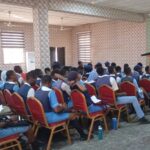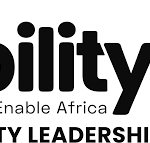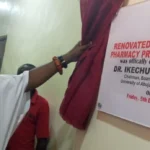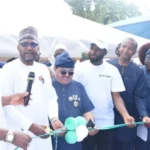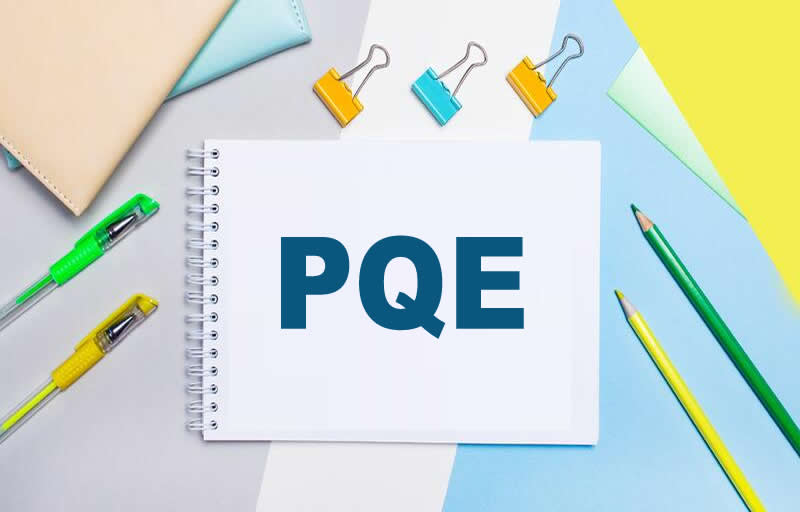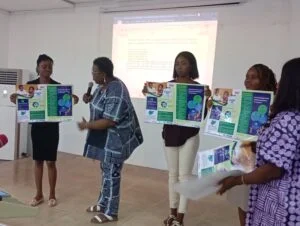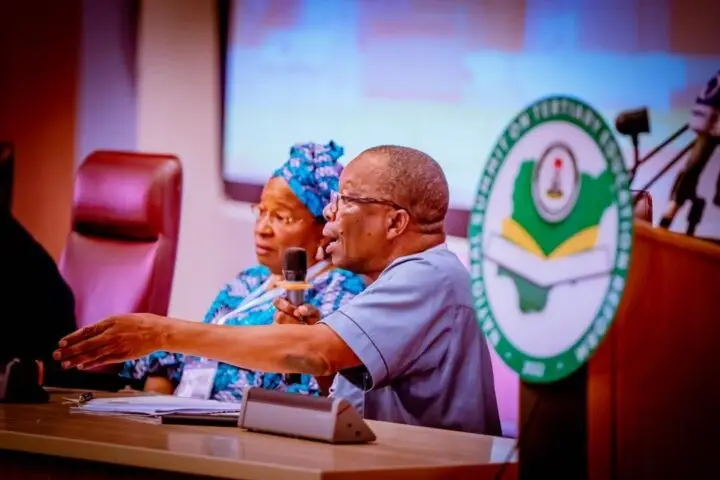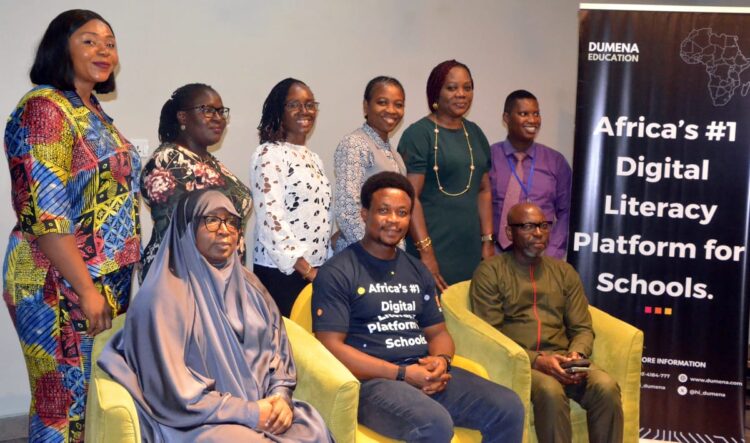Students, youths’ bodies beg Tinubu to appoint competent CEO for PTI
By Emmanuel Afonne The leadership of students and youths unions have called on President Bola Tinubu to appoint the acting Principal of Petroleum Training Institute (PTI), Dr Samuel Onoji, as the substantive Principal of the institute. The unions’ appeal was conveyed in a letter addressed to the president and co-signedContinue Reading



